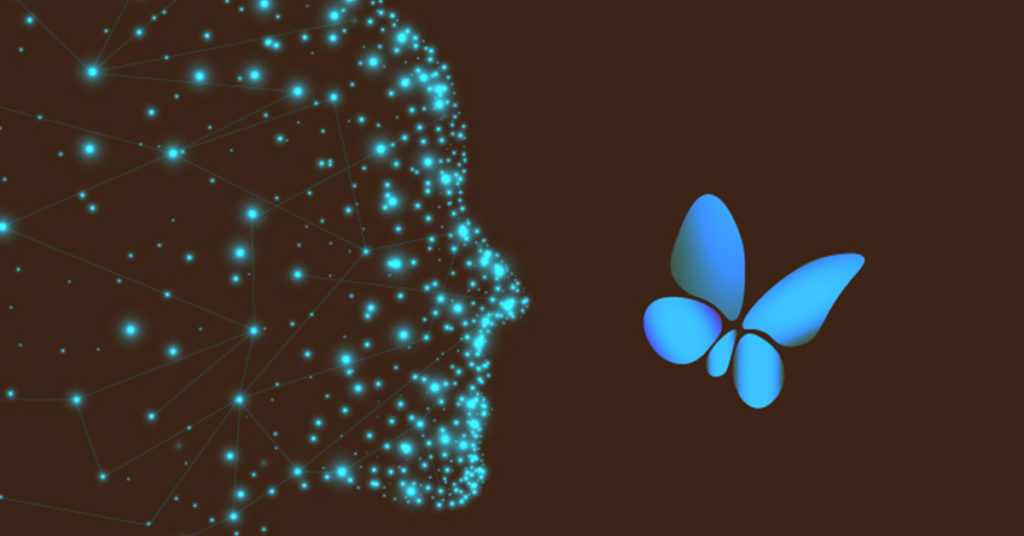
Artificial intelligence that supports behavioral health treatment is here.
While there are a number of novel AI developments in the treatment of mental and substance use disorder, like chatbot therapists and AI-guarded peer support group platforms, the most powerful development in AI for behavioral health treatment involves empowering clinicians instead of trying to replace their expertise. By augmenting the experience of skilled clinicians with AI-driven insights, we can truly transform behavioral health.
Clinicians are central to treatment effectiveness and AI can come alongside them to help.
The scale of the challenge

Behavioral health issues touch countless lives. Approximately one in every five Americans experiences a diagnosable mental health or substance use disorder annually. This means that nearly 50 million people in the U.S. have to navigate the day-to-day struggles of life with mental health challenges.
On top of that, over 9 million people struggle with co-occurring substance use disorder and mental illness together.
The Scale of Care
In recent years technology has emerged that can finally help practitioners meet the significant size of this challenge.
AI-assisted care can now be leveraged to keep clinicians well informed about the client’s condition in real-time. That’s the conclusion of a new white paper recently issued by ViviHealth.
The paper reviews the intensifying crisis of substance use disorder coupled with urgent new mental and behavioral health crises brought on by pandemic-related stress and anxiety. Even as all these crises rolled across the country, ViviHealth’s innovative Vivi360 Recovery Solution has employed technology to harness AI and machine learning, using smartphones and wearable interfaces.
Getting Informed About AI and Behavioral Health Treatment
The task for behavioral health leaders is to educate themselves about these new capabilities and the implications for treatment:

What will clinical directors need to know about AI in support of behavioral health treatment, to provide input, do planning and make better decisions?

What do researchers need to work on beyond well-worn familiar methods to match the scale of these crises and generate the expertise to utilize AI in behavioral health?
Improving Behavioral Health Treatment with AI
Beyond preparation, there is tremendous opportunity for AI to improve behavioral health treatment, from enhancing what practitioners can do to better their understanding of the everyday condition and activity of their patients:
- Creating new kinds of systems of clinical support
- Revolutionizing behavioral health surveys, benchmarking, and segmentation over time
- Identifying the links between vitals, well-being, sleep quality, exercise, mood, & engagement levels
- Better understanding behavior through modeling in AI
Challenges to be Addressed
- Smart use of data prioritization to analyze the measurable and observable
- Practitioner training to better assess client data
- Concerns about bias in AI and machine learning algorithms
- Dealing with unrealistic expectations or misunderstandings about AI pushed in broader culture
There is more discovery to be done, and more opportunities to expand. Opportunities include evaluating AI’s effectiveness in a range of recovery exercise modules and expanding research on AI for assessment of recovery milestones in substance use disorder.
The full white paper is available from ViviHealth.
Additional Information about ViviHealth Technology and Behavioral Health Treatment
ViviHealth exists to…
…transform recovery treatment through insights and technology to support sustainable and lasting recovery that saves and improves lives.
The Vivi360 Recovery System is a comprehensive insight platform that combines real-time health monitoring devices, clinical insight dashboards, and personalized client care applications to make behavioral health treatment more effective.
Vivi360 delivers empirical clinical outcomes built on years of evidence-based scientific research from top universities and board-certified addictionologists.
- NAMI Mental Health By the Numbers. Retrieved from https://www.nami.org/mhstats
- Center for Behavioral Health Statistics and Quality (2018). Key substance use and mental health indicators in the United States: Results from the 2018 National Survey on Drug Use and Health (HHS Publication No. SMA 16-4984, NSDUH Series H-51). Retrieved from https://www.samhsa.gov/data/sites/default/files/cbhsq-reports/NSDUHNationalFindingsReport2018/NSDUHNationalFindingsReport2018.pdf
